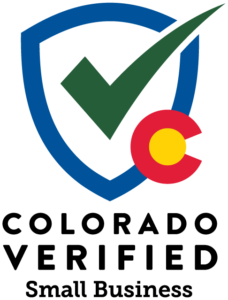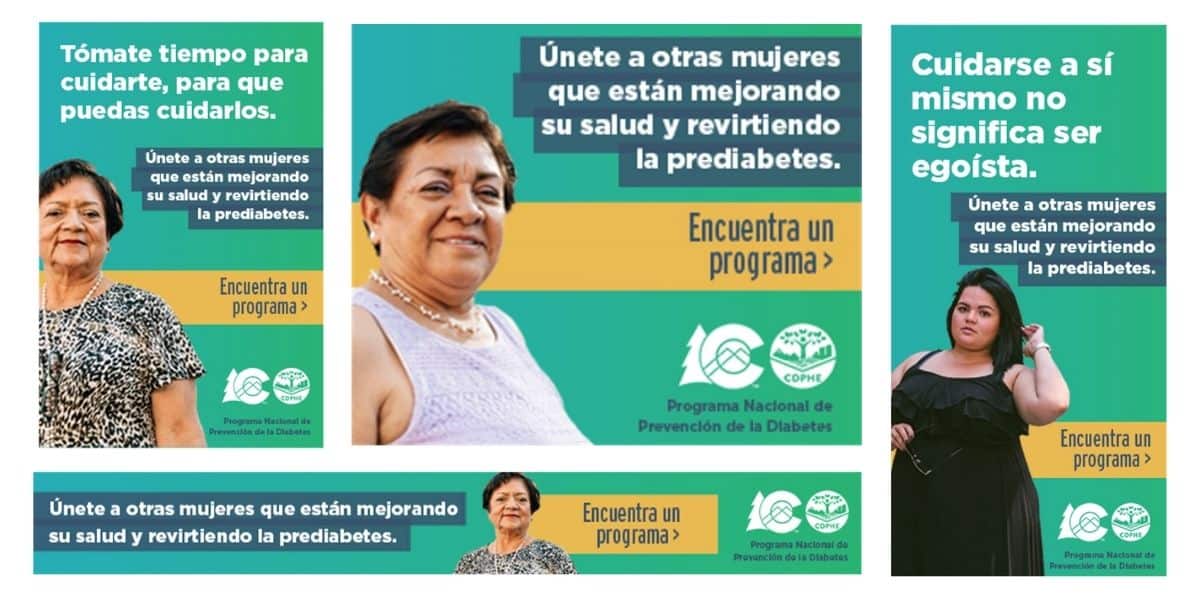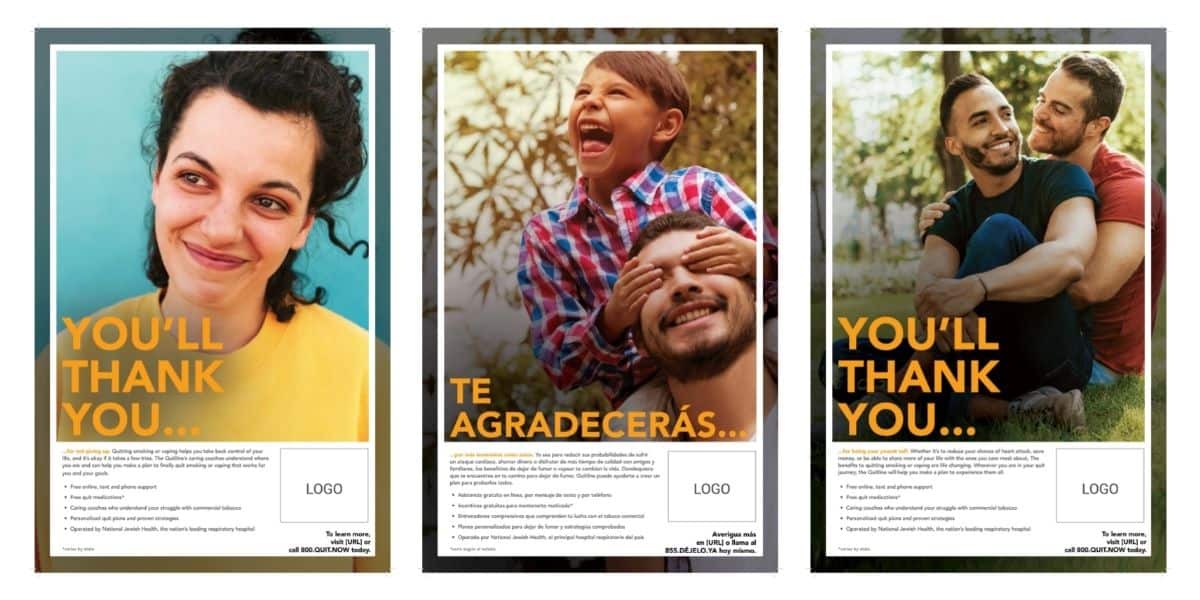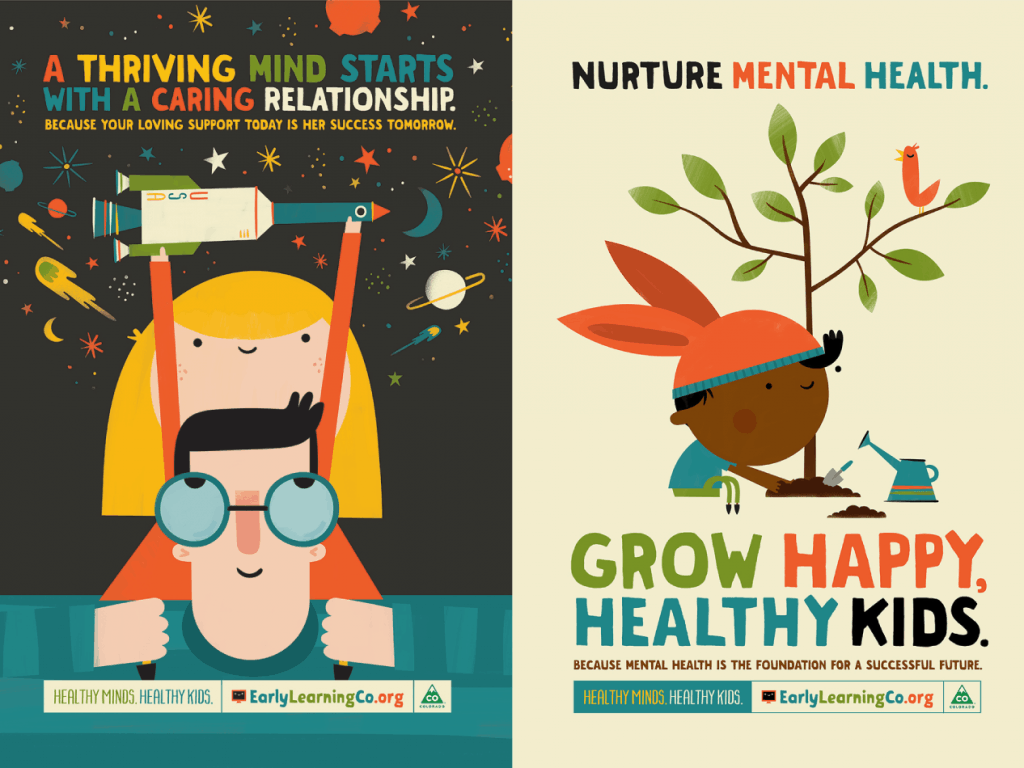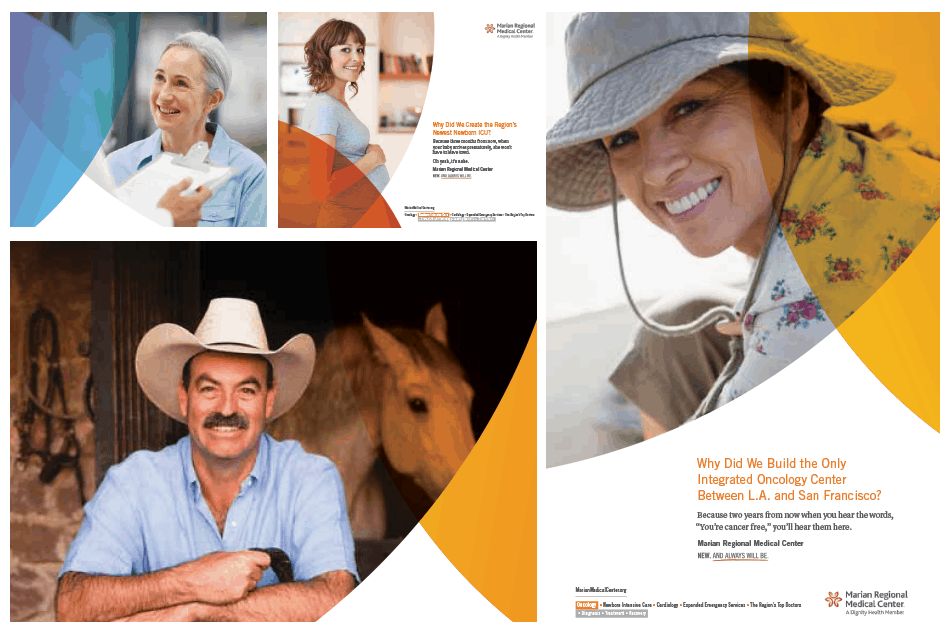In volatile times, stories protect, connect, and keep culture alive
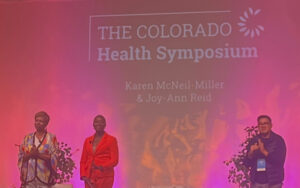 This year’s Colorado Health Symposium, hosted by The Colorado Health Foundation, was more than a conference; it was a gathering of people working on the frontlines of health, equity, and justice across Colorado. It served as a space to strengthen strategies, challenge assumptions, and fuel the resilience needed for the work ahead.
This year’s Colorado Health Symposium, hosted by The Colorado Health Foundation, was more than a conference; it was a gathering of people working on the frontlines of health, equity, and justice across Colorado. It served as a space to strengthen strategies, challenge assumptions, and fuel the resilience needed for the work ahead.
The theme was appropriate: Fortifying the Movement in Volatile Times.
Symposium speaker Joy Reid, in conversation with Colorado Health Foundation President and CEO Karen McNeil-Miller, reminded us why this moment matters. Institutions may falter. Systems may fail. But communities continue to show up for one another, creating safe, healthy spaces where people can live, connect, and thrive.
Storytelling as Strategy
SE2’s Telling the Truth with Care workshop, which I led with my colleagues Alvina Vasquez and Elizabet Garcia-Hernandez across three sessions, explored how to tell stories ethically and why it matters.
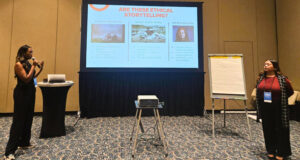 Ethical storytelling is crucial because stories shape perception, influence action, and can either reinforce harm or foster understanding. The sessions emphasized care for both the storyteller and the community, with key principles including centering people over agendas, seeking consent and collaboration, situating stories in social and cultural context, capturing layered identities rather than stereotypes, and using storytelling to build trust, understanding, and positive change.
Ethical storytelling is crucial because stories shape perception, influence action, and can either reinforce harm or foster understanding. The sessions emphasized care for both the storyteller and the community, with key principles including centering people over agendas, seeking consent and collaboration, situating stories in social and cultural context, capturing layered identities rather than stereotypes, and using storytelling to build trust, understanding, and positive change.
Storytelling is never just about visibility. And it’s not a decorative add-on to research or programming. Done right, it drives change, helping people see themselves in the work, shifting not only what they feel but also how they act and connect.
The most powerful stories come from real people, but they must be told with intention and care.
“Story is the antidote to control. Story feeds the narrative.” – Joy Reid
When systems fail, stories protect.
They carry our truth when institutions can’t or won’t.
They clarify, connect, and keep culture alive.
A Call to Ethical Storytelling
At the Symposium, I left inspired by the work people across Colorado are already doing, and at times without resources, support, and for communities under attack. In communities everywhere, leaders are not just telling stories, they’re telling them ethically, urgently, and with care.
That matters. Because ethical storytelling isn’t about performance for power, it’s about honoring people. It’s about creating stories that are not just polished, but purposeful.
As our team shared in our session:
- You’re already doing the hard and beautiful work of telling real stories in your communities. Stories rooted in care, identity, and truth.
- In this moment, that work is essential. Systems are faltering, but stories hold. They’re how we look out for one another, how we preserve memory, share belonging, and shape what comes next.
- Storytelling isn’t just a campaign tool. It’s resistance. It’s legacy. It’s the one thing no one can take from our communities when it’s done with care and purpose.
Or as we put it:
“When the system forgets us, the story remembers. In the absence of justice, our stories still speak.”
The Work Ahead
 Now more than ever, it’s urgent to reclaim our narratives before they’re distorted, diluted, or erased altogether. Storytelling isn’t just personal, it’s collective. Together, we safeguard truth and ensure our communities remain visible on their terms.
Now more than ever, it’s urgent to reclaim our narratives before they’re distorted, diluted, or erased altogether. Storytelling isn’t just personal, it’s collective. Together, we safeguard truth and ensure our communities remain visible on their terms.
The Colorado Health Symposium served as a poignant reminder of that truth. Seeing people from across the state share stories, strategies, and lessons was not just inspiring; it was fortifying.
Our movements aren’t held up by stories alone, but without them, the work risks being misunderstood, sidelined, or forgotten.
Because when we protect our stories, we protect our communities. And in volatile times, that may be the strongest tool we have.

About the Author:
Mikhail Talley (she/her) is a recent graduate from Colorado State University, where she received her degree in Journalism & Media Communication. With a non-traditional path towards graduation, while finishing school she worked in live music marketing before realizing her true passion lay in communication for change landing public relations/digital marketing roles with notable non-profit organizations, Denver Rescue Mission, Cancer Support Community, and Colorado Youth for a Change. Mikhail uses her passion for community advocacy to aid in pushing forward mission-driven projects, emphasizing the need to give those who feel voiceless the opportunity to be heard.

